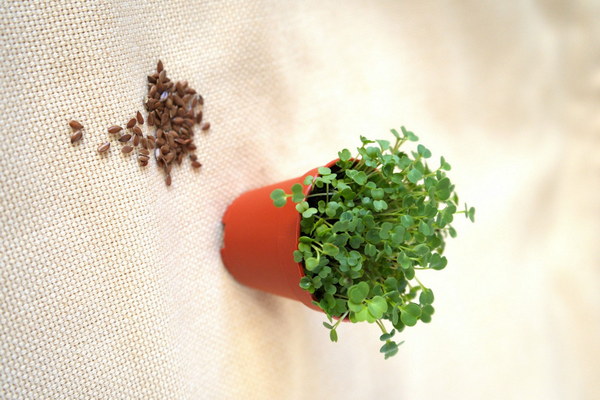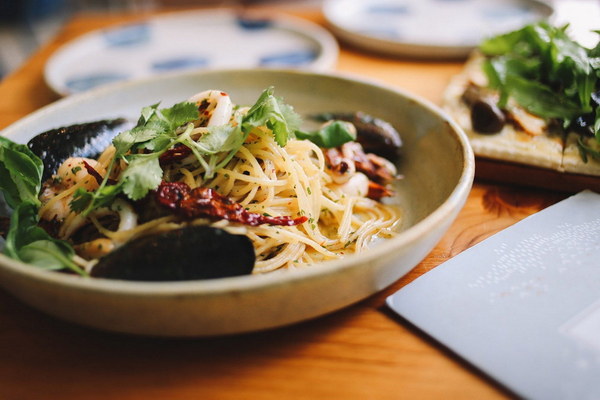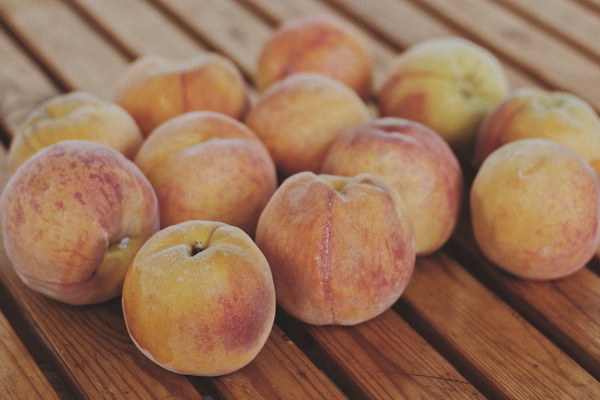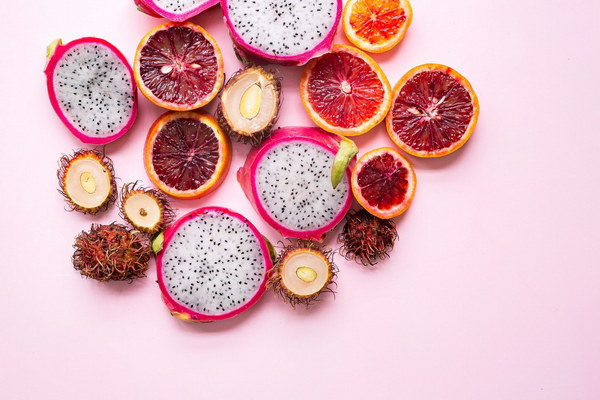Nourish Your Qi and Blood The Power of Traditional Chinese Herbs
In the realm of traditional Chinese medicine (TCM), the concept of Qi (vital energy) and Blood is central to understanding health and wellness. Qi is the life force that animates the body and maintains its balance, while Blood is the substance that nourishes the tissues and organs, sustaining life. When either Qi or Blood is deficient, it can lead to a variety of health issues. This article explores the importance of nourishing Qi and Blood, and introduces several key Chinese herbs that can help restore balance and vitality.
The foundation of TCM is the belief that the body is interconnected, and that any imbalance can lead to disease. Therefore, to address a Qi and Blood deficiency, one must take a holistic approach, considering diet, lifestyle, and herbal remedies. Among the latter, there are several powerful herbs that have been used for centuries to replenish and strengthen the body's vital energy and blood supply.
1. Ginseng (Panax ginseng)
Ginseng is perhaps the most well-known of all Chinese herbs, renowned for its ability to boost energy and improve overall health. It is considered a superior herb in TCM, as it is believed to tonify Qi, enhance immunity, and improve mental and physical endurance. Ginseng is often used to treat fatigue, weakness, and poor memory, as well as to support the adrenal glands and regulate blood sugar levels.
2. Astragalus (Astragalus membranaceus)

Astragalus is another important herb in TCM, known for its immune-boosting properties and ability to tonify Qi. It is often used in combination with other herbs to treat chronic fatigue, recurrent infections, and weakness. Astragalus is also believed to support the heart and lungs, improve circulation, and help regulate blood pressure.
3. Codonopsis (Codonopsis pilosula)
Codonopsis is a lesser-known herb that serves as a gentle Qi tonic, making it suitable for those with chronic fatigue or weakness. It is often used in combination with other herbs to enhance the immune system, improve lung function, and support overall health. Codonopsis is also believed to help regulate blood sugar levels and reduce stress.
4. Ligustrum (Ligustrum lucidum)
Ligustrum is an herb that is commonly used to nourish Blood and Yin, which is essential for maintaining a healthy immune system and reducing inflammation. It is often used to treat anemia, weakness, and fatigue, as well as to support the liver and kidneys. Ligustrum is also believed to improve sleep, reduce stress, and enhance fertility.
5. Angelica (Angelica sinensis)
Angelica is a well-known herb in TCM for its ability to nourish Blood and relieve pain. It is often used to treat menstrual cramps, anemia, and fatigue. Angelica is also believed to improve circulation, support the heart, and enhance sexual function.
In addition to these herbs, there are many other TCM remedies that can be used to nourish Qi and Blood, such as Polygonum multiflorum (He Shou Wu), Cynanchum wilfordii (Bai-Zhu), and Rehmannia glutinosa (Shu Di Huang). It is important to note that while these herbs can be beneficial, they should be used under the guidance of a qualified TCM practitioner, as they may interact with other medications or have contraindications.
In conclusion, the concept of nourishing Qi and Blood in TCM is a powerful approach to improving overall health and vitality. By using a combination of herbs, dietary adjustments, and lifestyle changes, individuals can restore balance to their bodies and enjoy a greater sense of well-being. Whether you are looking to boost your energy, improve your immune system, or simply maintain a healthy life, the ancient wisdom of Chinese herbs can provide a natural and effective solution.









